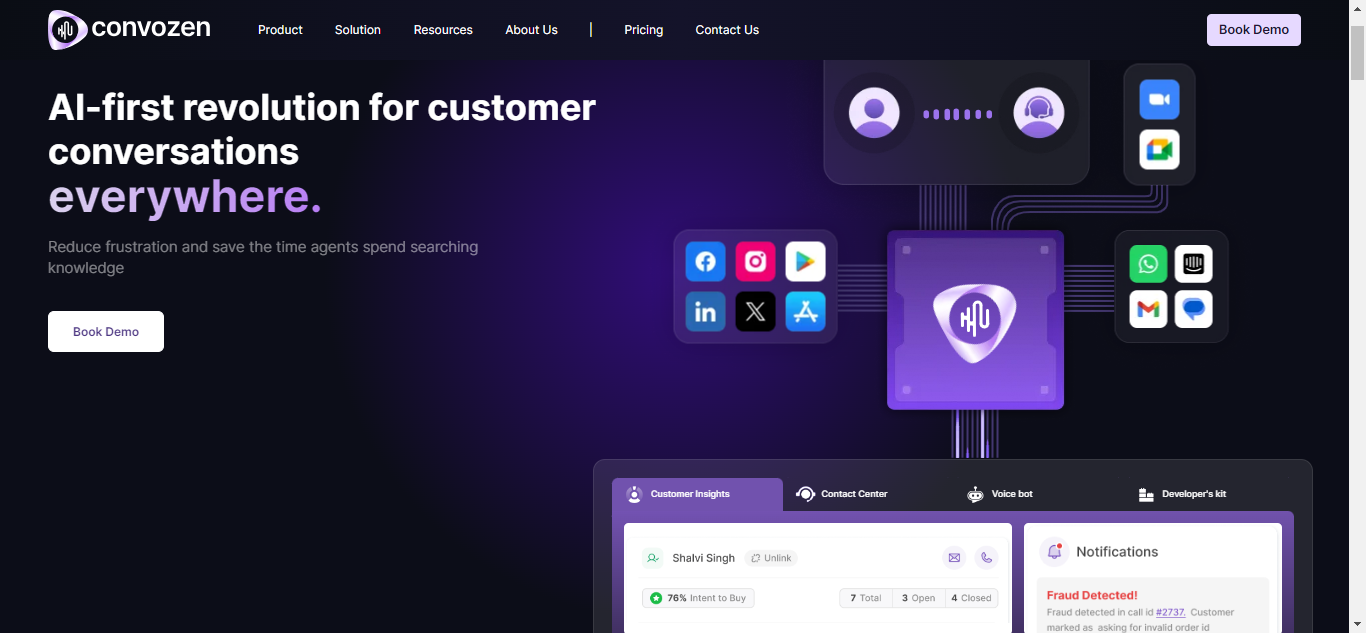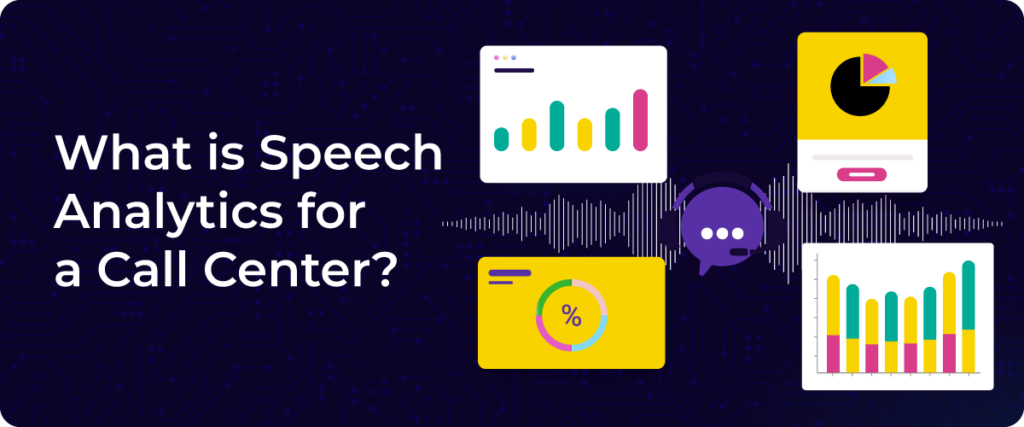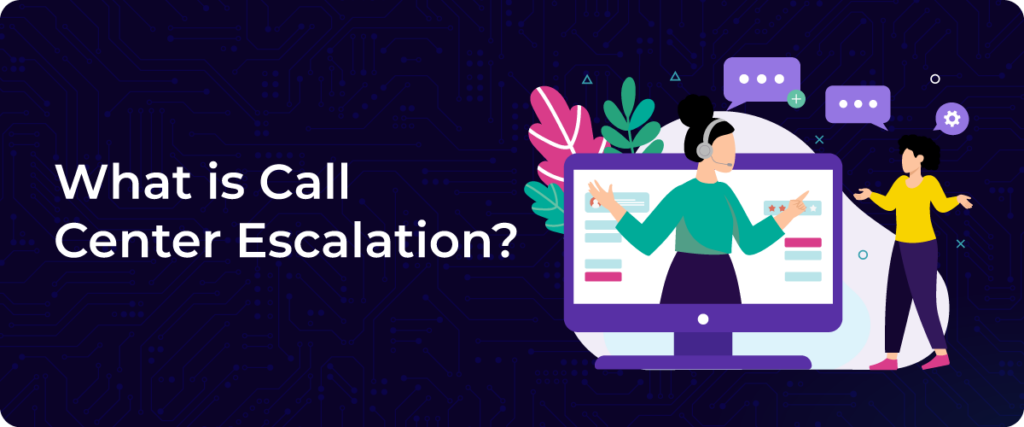A call center where agents are equipped with the skills to handle inquiries efficiently, customers leave satisfied after every interaction, and management has a clear view of performance metrics at their fingertips.
This isn’t just a dream—it’s an achievable reality with the right call center quality assurance strategies in place.
What is Call Center Quality Assurance?
Call center QA is the process of systematically evaluating and improving the performance of call center agents to ensure they meet the company’s standards for service quality.
This includes assessing customer interactions through various channels, monitoring compliance with company policies, and providing constructive feedback to agents. Effective QA processes not only enhance customer experiences but also bring a culture of continuous improvement within the call center.
Why is Quality Assurance Critical for Your Call Center?
Quality assurance is vital for several reasons:
1. Customer Satisfaction
- High-quality interactions lead to increased customer satisfaction and loyalty.
- Customers are more likely to return if they feel valued and understood.
2. Agent Development
- This can lead to higher employee morale and lower turnover rates.
- QA processes provide agents with the feedback they need to improve their skills and performance.
3. Compliance and Risk Management
- Minimizing the risk of violations that could harm the organization’s reputation.
- Monitoring calls ensures that agents comply with legal and regulatory standards.
4. Operational Efficiency
- It leads to enhancement in efficiency and reduces costs.
- Identifying common issues and areas for improvement through QA can streamline operations.
Top 10 Call Center Quality Assurance Best Practices
Here are the best practices that can be followed during Call Center Quality Assurance:
1. Develop a Comprehensive QA Strategy
- This should include what metrics to evaluate and how frequently evaluations will occur.
- Establish clear objectives and guidelines for your QA program.
2. Use a Call Center Quality Assurance Scorecard Template
- A template that consists of call handling, adherence to scripts, and customer satisfaction provides a structured approach to evaluating calls.
- Implement a scorecard to assess agent performance based on specific criteria.
3. Incorporate Call Center Quality Assurance Software
- This software often includes features for call recording, analysis, and reporting, making the QA process more efficient.
- Utilize dedicated QA software that can automate the monitoring and evaluation of calls.
4. Train Your QA Team Effectively
- Ensure that your quality assurance team is well-trained in assessing calls and providing constructive feedback.
- This training should include understanding customer service principles and effective communication strategies.
5. Provide Regular Feedback to Agents
- Feedback should be timely, specific, and actionable.
- Regular check-ins can help agents understand their strengths and areas for improvement, fostering a growth mindset.
6. Encourage a Culture of Continuous Improvement
- This encourages agents to be more receptive to coaching.
- Promote a culture where feedback is viewed as a positive tool for development rather than a punitive measure.
7. Analyze Customer Feedback
- Incorporate customer surveys and feedback into your QA processes.
- Understanding customer perceptions of service quality can help identify gaps and areas for improvement.
8. Monitor Key Performance Indicators (KPIs)
- Track KPIs such as call resolution rates, average handling time, and customer satisfaction scores.
- To gauge the effectiveness of the QA program.
9. Use Call Analytics for Insights
- Leverage call analytics to gain insights into customer interactions.
- This data can help identify patterns, trends, and areas where agents may require additional training.
10. Differentiate Between QA, QC, and QM
- QA focuses on preventing defects, QC on identifying defects, and QM on overall quality strategies.
11 Best Tips for Call Center Quality Assurance
1. Be Consistent
Consistency in your QA processes ensures reliability and fairness.
2. Leverage Technology
Utilize software solutions for automation and analytics.
3. Involve Agents in Quality Assurance
Encourage agents to participate in the QA process for better engagement.
4. Conduct Role-Playing Sessions
Use role-playing to prepare agents for various scenarios.
5. Review and Update Processes
Regularly review your QA processes and tools to ensure they meet current needs.
6. Recognize High Performers
Celebrate and reward agents who excel in customer interactions.
7. Focus on Customer Experience
Always prioritize the customer’s perspective in QA evaluations.
8. Maintain Clear Communication
Ensure open lines of communication between QA and agents.
9. Utilize Best Practices from Other Industries
Learn from QA practices in different sectors.
10. Conduct Regular Audits
Regular audits can help maintain high standards of service quality.
11. Encourage Feedback from Agents
Agents can provide valuable insights into the QA process and its effectiveness.
What Skills Do You Need for Call Center Quality Assurance?
To excel in contact center quality assurance, certain skills are essential:
1. Attention to Detail
QA professionals must be able to identify subtle issues in calls and interactions.
2. Analytical Skills
The ability to analyze data and extract meaningful insights is crucial.
3. Communication Skills for Quality Assurance
Providing clear and constructive feedback to agents is a key responsibility.
4. Problem-Solving Skills
QA teams should be able to identify the root causes of issues and suggest effective solutions.
How to Improve QA in a Call Center?
Improving QA in a call center involves:
1. Implementing Advanced Technology
Use call center quality assurance software and analytics tools to streamline processes.
2. Enhancing Training Programs
Regularly update training programs to incorporate the latest customer service trends and skills.
3. Fostering a Feedback Culture
Encourage open communication between agents and QA teams to promote continuous improvement.
Essential Tools for Call Center Quality Assurance
To effectively implement call center quality assurance, organizations need to leverage various tools that facilitate monitoring, evaluation, and feedback. Here are some essential tools that can enhance your QA processes:
1. Call Recording Software
- Call recording software is fundamental in any QA program.
- Allows organizations to record and store customer interactions for review.
- This feature helps in evaluating agent performance and identifying areas for improvement.
- Popular options include:
- Verint
Offers comprehensive call recording solutions with advanced analytics capabilities.
- ConvoZen.AI

The software provides call tracking and recording features, making it easier to assess agent interactions.
2. Quality Assurance Scorecard Template
- Using a scorecard template provides a structured format for evaluating performance.
- It could be based on criteria such as communication skills, compliance, and issue resolution.
3. Call Center Quality Assurance Software
Dedicated QA software automates many aspects of the quality assurance process. These platforms often include features for:
- Automated monitoring of calls
- Performance analytics and reporting
- Feedback mechanisms for agents
Examples:
a. ConvoZen.AI specializes in AI-driven insights to improve agent performance.

b. Gong focuses on analyzing sales conversations to enhance customer interactions.
Conclusion
For enhancing customer satisfaction and operational efficiency, implementing effective call center quality assurance practices is crucial. By establishing clear standards, leveraging technology, and providing continuous training, you can foster a culture of excellence within your call center.
Understanding the skills necessary for quality assurance and distinguishing between QA, QC, and QM will help you build a strong foundation for your team. Moreover, utilizing platforms like ConvoZen.AI can optimize your quality assurance processes by providing actionable insights and analytics, allowing for continuous improvement and a better customer experience.
FAQs
To excel in call center (QA), key skills include strong analytical abilities to assess performance metrics and excellent communication skills.
Improving QA in a call center can be achieved by implementing regular training sessions for agents, utilizing advanced QA software for real-time monitoring, and establishing clear evaluation criteria.
In a call center, QA professionals monitor and evaluate calls and interactions to ensure compliance with company standards and procedures.


